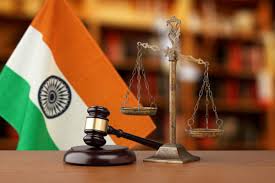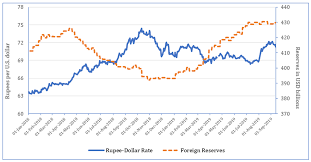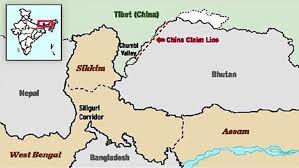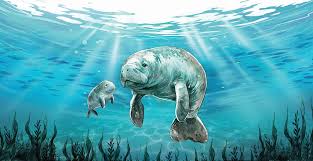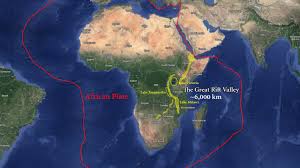
10
Dec
The Great Divide: Unravelling the Geological Splitting of the African Continent
The Great Divide: Unravelling the Geological Splitting of the African Continent A recent study utilizing archival magnetic data from the 1960s has provided distinct evidence of active seafloor spreading near the Afar triple junction. The findings confirm that the African continent is in the process of gradually splitting into two separate tectonic plates. A Continent in Flux The...
Read More


